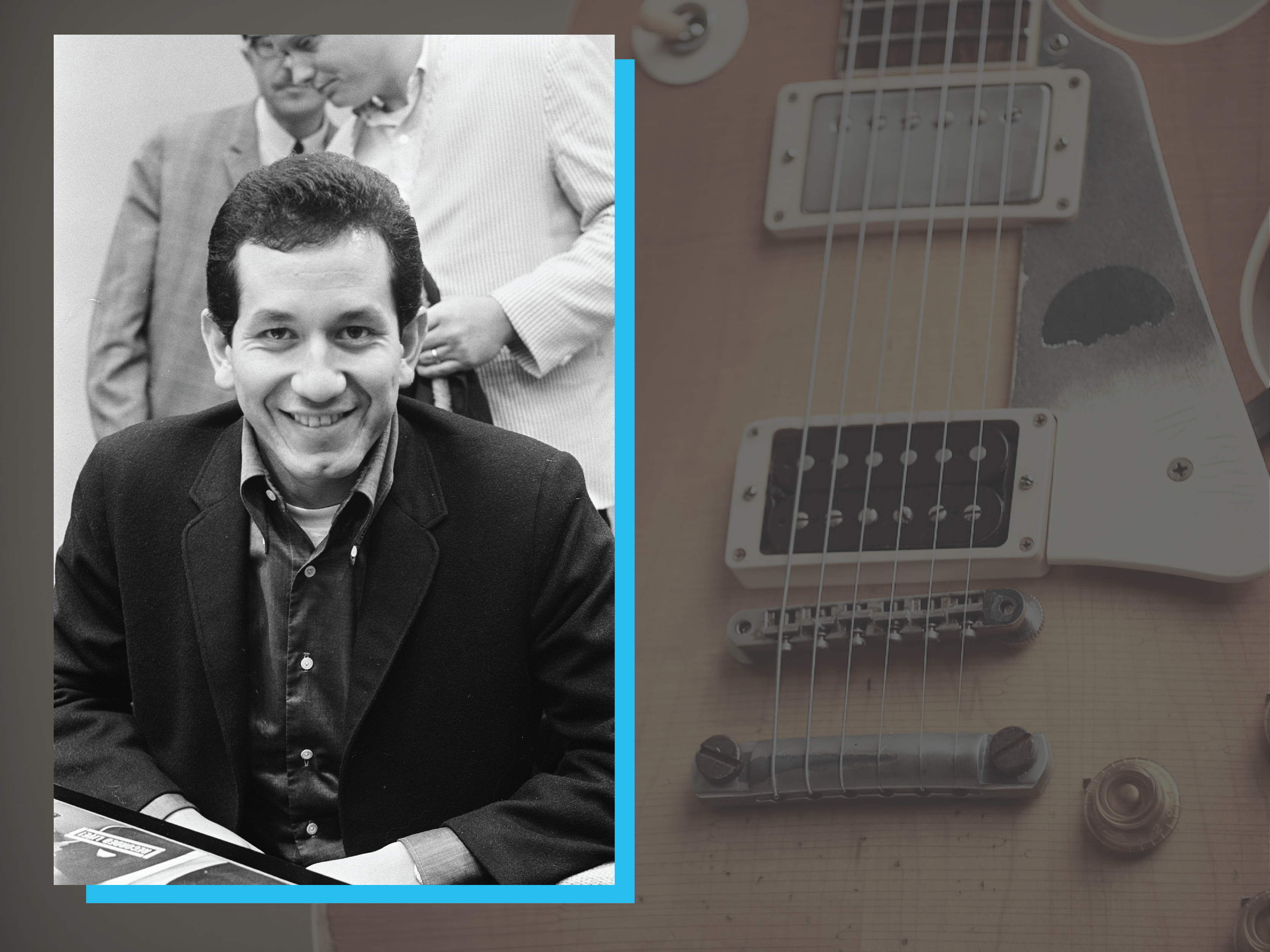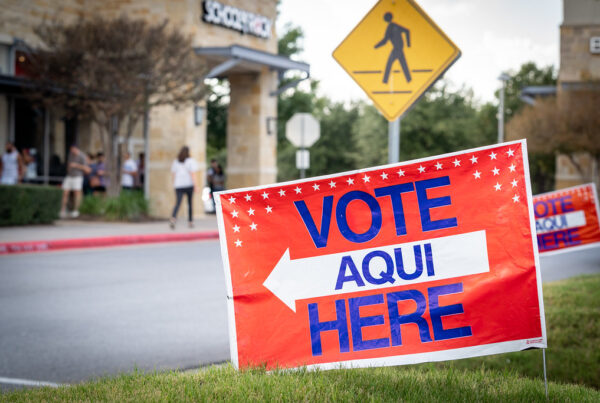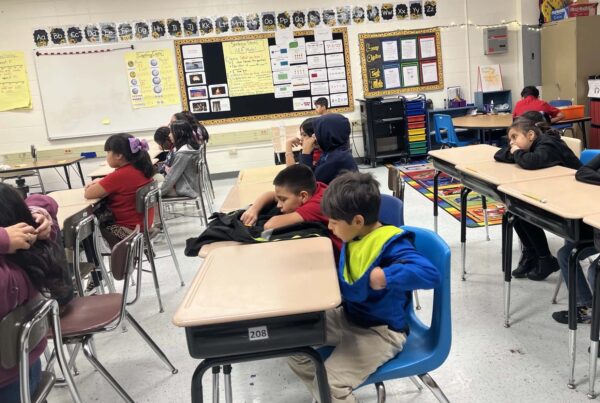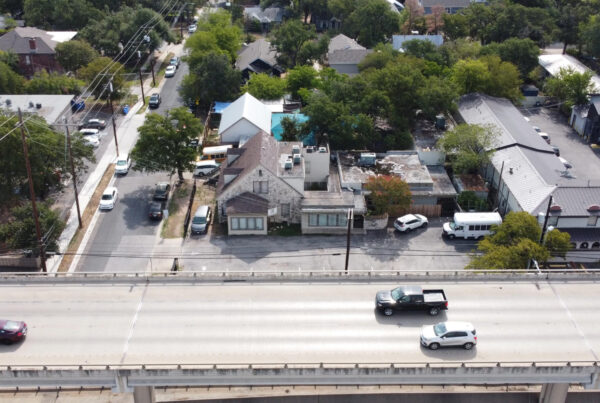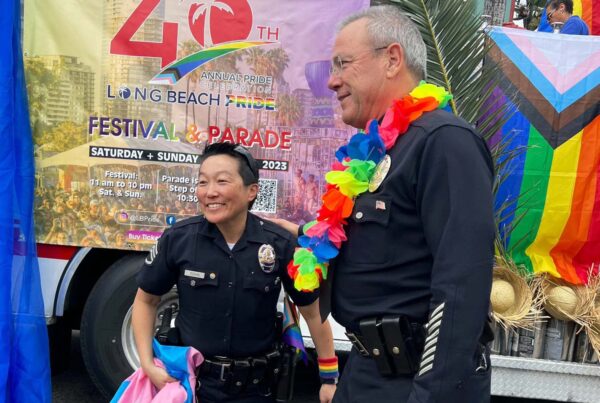This story is part of a Hispanic Heritage Month collaboration with Voces Oral History Center based at UT-Austin’s Moody School of Communication.
In the 1960s, a Latino musician was discovered by Frank Sinatra in a famous West Hollywood nightclub. But his journey started in Dallas long before.
That was Trinidad, or Trini, Lopez, born on May 15, 1937 in Dallas to immigrants from Mexico. He grew up in Dallas’ “Little Mexico” and his parents worked multiple jobs to keep the family afloat.
When he was 12, Lopez’s father taught him how to play the guitar.
“He taught me my first eight to 10 Mexican folk songs: ‘Cielito Lindo,’ ‘El Rancho Grande’ and for sure ‘La Bamba,’ Lopez said in the 2021 documentary “My Name is Lopez.” “He taught me that song before anybody else ever recorded it in America.”
Lopez started playing on street corners in Dallas, earning as much as $4 a day – which helped support his family.
When he was 15, Lopez started a band called The Big Beats. He dropped out his senior year of high school to focus on the group.
In 1958, the Big Beats were introduced to Buddy Holly. Holly’s producer then got The Big Beats a contract with Columbia Records. It was Lopez’s first big break. But, according to Lopez, the producer didn’t want him to be the lead singer because Lopez was Mexican.
“We started recording the next day, but they didn’t let me sing. I said, ‘I’m gonna have to get another band.’ And I started another group,” Lopez said.
Lopez released his first single with a Dallas label. The company asked him to change his last name, but Lopez refused, and the company still released his single.
Lopez’s nephew Robert Diaz spoke to Dallas TV station, WFAA, in 2020 and spoke about his uncle’s refusal to change his name.
“A lot of producers, a lot of agents kept saying, ‘Hey Trini, you know, you oughta think about changing your name.’ And he automatically said, ‘No, I am a very proud Mexican American. I’m a local. I was born and raised in Dallas,’” Diaz said.


